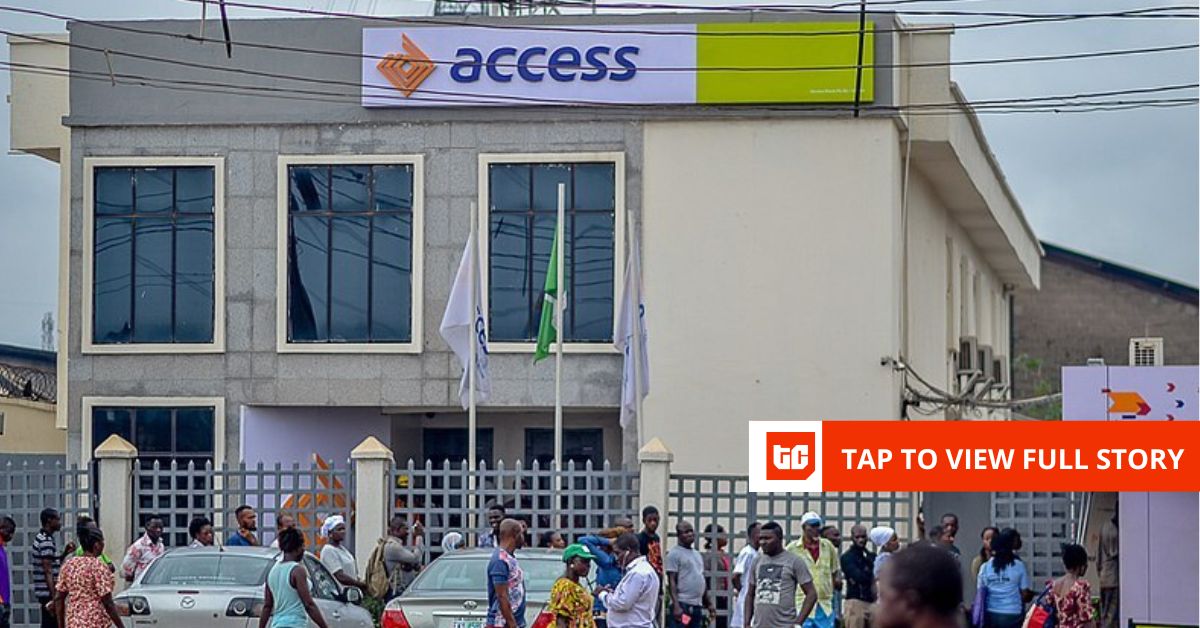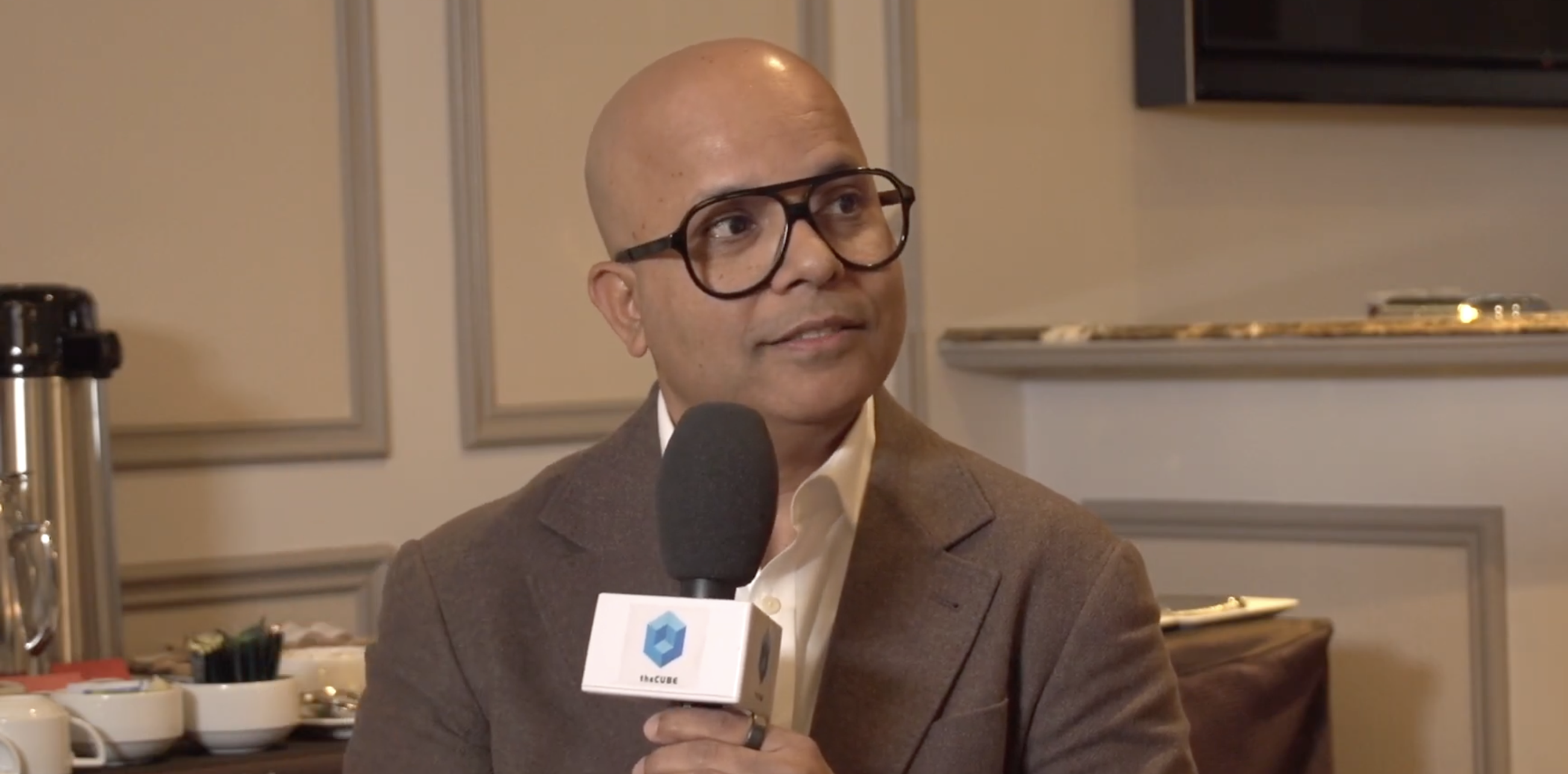Access Bank’s fraud losses increased by 254.02% to ₦1.64 billion ($1.13 million) in H1 2025, from ₦464.12 million ($320,478) in the previous year, with fraudulent transfers, withdrawals, and account reactivations costing Nigeria’s biggest bank by assets ₦617.11 million ($426,119).
According to its parent Acess Holdings’ latest financial statements, most of the losses came from the presentation of forged instruments, which alone accounted for ₦831.96 million ($574,475). Access reported ₦2.25 billion ($1.55 million) worth of attempted fraudulent transactions in H1 2025, of which ₦1.64 billion ($1.13 million) resulted in actual losses.
“The actual loss that was incurred by the Bank for the period was ₦1.64 billion (June 2024: ₦464.12 million),” the lender said.
This marks Access Bank’s highest six-month fraud loss since June 2023, when it lost ₦5.46 billion ($3.77 million), driven largely by fraudulent transfers, withdrawals, and account reactivations worth ₦5.45 billion ($3.76 million). Losses from similar channels dropped to ₦168.29 million ($116,206) in June 2024 before rebounding this year.
Access Bank did not immediately respond to a request for comments.
Fraud frequency stood at 1,289 incidents in June 2025, well below 2,823 recorded in 2023 but higher than 936 cases logged in June 2024.
Despite the jump, the losses still represent a small fraction, 0.76%, of Access’s ₦215.92 billion ($149.09 million) profit for H1 2025. Yet, the trend underscores the sector’s vulnerability to evolving fraud tactics. Between 2019 and 2023, Nigerian bank customers collectively lost ₦59.33 billion ($40.97 million) to fraud, with more than 80,000 victims in 2023 alone.
Access Bank: Profit vs. Fraud Loss (H1 2025)
The red section below shows the proportion of Access Bank’s profit lost to fraud in H1 2025.
Total Profit: ₦215.92 Billion
100%
Total Profit (₦215.92 Billion)
Fraud Loss (₦1.64 Billion)
Fraud losses represent 0.76% of total profit.
Source: Access Holdings H1 2025 Financial Statements, as reported by .
This increase also coincides with significant investments by banks in IT infrastructure and technology-related services in 2024. Access Bank increased its tech spending by 147.94% to ₦193.52 billion ($133.63 million) in 2024 and has already spent ₦69.45 billion ($47.96 million) this year.
Investing in stronger IT systems leads to fewer fraud incidents and financial losses for customers. United Bank for Africa (UBA) cut its fraud losses by 45.35% to ₦288 million ($198,866) in H1 2025. GTBank saw a 41.67% rise to ₦225.42 million ($155,654(including a ₦177.29 million ($122,420) refund from a 2023 case involving AXA Mansard, following a CBN directive for amicable settlement.
Industry-wide data from the Financial Institutions Training Centre (FITC), whose members include the Nigerian Bankers’ Committee and the Central Bank of Nigeria, shows that fraud losses across Nigerian banks jumped 602.98% to ₦3.29 billion ($2.27 million) in Q1 2025. Reported cases rose 7.63% to 12,347. Insiders were responsible for only 63 incidents, compared to 10,896 by external actors.
“There is no fraud that involves management or other employees who have a significant role in the Group’s internal control,” Access noted.
FITC disclosed that the most frequently reported incidents were tied to computers, web platforms (7,361 cases), mobile transactions (2,875 cases), and PoS terminals (1,559 cases).
“In conclusion, Q1 2025 clearly signals a pivot in fraud tactics—from frequent small-value hits to targeted, high-impact operations,” FITC said in its Q1 2025 report. “To match this sophistication, financial institutions must adopt a layered, adaptive, and intelligence-first approach, supported by interbank collaboration, staff accountability, and informed customer behaviour. Fraud is no longer a volume issue—it’s a value game. And staying ahead means thinking proactively and innovatively.”
Note: exchange rate used: ₦1,448.21 /$










